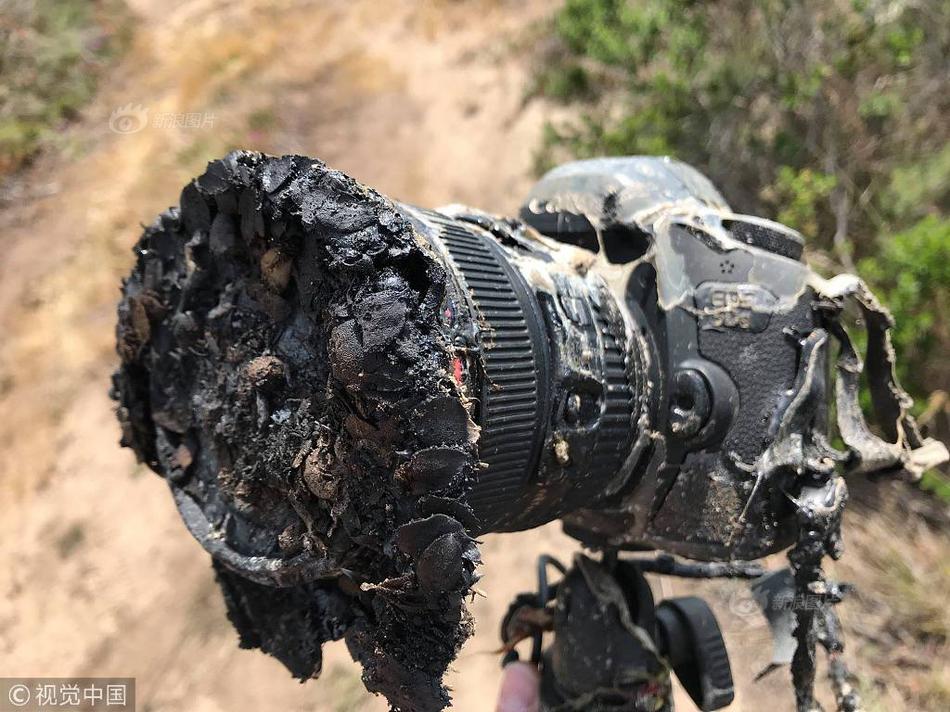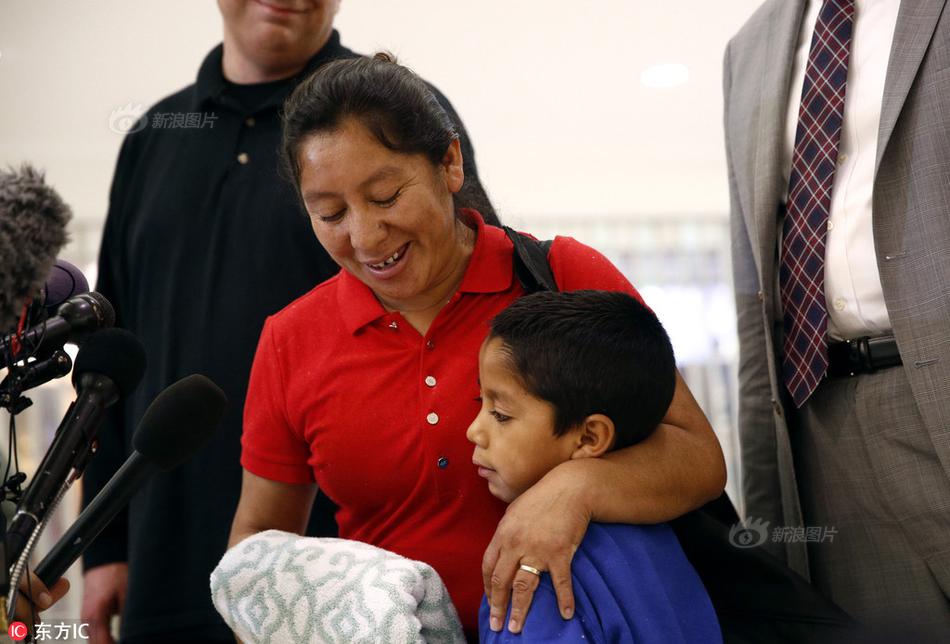Facebook has stepped up the enforcement of its own rules,Watch Brooklyn Nine announcing the Facebook and Instagram bans of a host of controversial public figures including Alex Jones, Nation of Islam leader Louis Farrakhan, Milo Yiannopoulos, and others.
It has taken action against these figures and others because Facebook considers them "dangerous," per a definition in Facebook's Community Guidelines. It is banning the individuals and affiliated pages from both Facebook and Instagram.
SEE ALSO: 2018 was the year we (sort of) cleaned up the internet“We've always banned individuals or organizations that promote or engage in violence and hate, regardless of ideology," a Facebook spokesperson said. "The process for evaluating potential violators is extensive and it is what led us to our decision to remove these accounts today."
Following the actions of other tech platforms, Facebook banned Alex Jones and InfoWars pages from Facebook in August 2018. Today's ban affects Jones' and InfoWars' Instagram pages.
The ban is also affecting:
Louis Farrakhan, a leader of the group Nation of Islam, who has routinely espoused anti-semitic views.
Milo Yiannopoulos, who has engaged in targeted harassment campaigns.
Paul Nehlen, a white supremacist and former GOP congressional candidate.
Paul Joseph Watson, a British conspiracy theorist.
Laura Loomer, a far-right provocateur who engages in targeted harassment (including of Rep. Ilhan Omar).
Some of the account pages still remained live at the time of writing, but Facebook said it is in the midst of removing the pages from the platforms. However, since news of the ban hit before all of the accounts were taken down, Jones and Yiannopoulos took the opportunity to bash Facebook. Some critics on Twitter also called out Facebook for using the news of the bans as a PR opportunity — and for letting the PR upside undermine the effectiveness of the bans.
This Tweet is currently unavailable. It might be loading or has been removed.
Facebook said it evaluates pages and individuals as "dangerous" with an extensive process to determine whether they meet the criteria for this categorization. Some of the criteria include if they call for (or carry out) acts of violence against people in protected groups (like race or religion), if they self-identify as following a hateful ideology, and if they post content that violates hate speech policies. Facebook may also take action against vocal supporters of people designated as "dangerous," and remove events in which these people are participating.
While many Conservatives deride these actions as free speech violations, experts support deplatforming — or, the tactic of removing the social platforms of people who promote extremism — as a way to combat the spread of hate and hateful ideology online. The shrinking relevance of figures who have been deplatformed, like Milo Yiannopoulos, provides evidence that, in the often overwhelming fight against the rising tide of extremism online, deplatforming works.
UPDATE: May 2, 2019, 3:53 p.m. EDT This article was updated to include reactions to the ban.
Topics Social Media
(Editor: {typename type="name"/})
 NYT Connections Sports Edition hints and answers for May 19: Tips to solve Connections #238
NYT Connections Sports Edition hints and answers for May 19: Tips to solve Connections #238
 A redhead emoji is finally in the cards
A redhead emoji is finally in the cards
 Mother responding to herself on Twitter is absolute gold
Mother responding to herself on Twitter is absolute gold
 Webb telescope took a direct image of two exoplanets. See it now.
Webb telescope took a direct image of two exoplanets. See it now.
 Antigua GFC vs. Seattle Sounders 2025 livestream: Watch Concacaf Champions Cup for free
Antigua GFC vs. Seattle Sounders 2025 livestream: Watch Concacaf Champions Cup for free
Why Building a Gaming PC Right Now is a Bad Idea, Part 3: Bad Timing
It's inauguration day, so here's a photo of 2 carrots hugging
 LONDON -- It's inauguration day. There's a lot going on, but why not take at least 10 seconds out of
...[Details]
LONDON -- It's inauguration day. There's a lot going on, but why not take at least 10 seconds out of
...[Details]
CEO offers to fund employees who want to attend Women's March
 Snowboarding company Burton is making it as easy as possible for their employees to attend Jan. 21 W
...[Details]
Snowboarding company Burton is making it as easy as possible for their employees to attend Jan. 21 W
...[Details]
The first reviews of 'T2 Trainspotting' have landed and they're a mixed bag
 LONDON -- The reviews of T2 Trainspottingwere always going to be a bit mixed.Danny Boyle's original
...[Details]
LONDON -- The reviews of T2 Trainspottingwere always going to be a bit mixed.Danny Boyle's original
...[Details]
Best robot vacuum deal: Get the Roborock Q5 Max for 53% off at Amazon
 SAVE $320: As of May 8, get the Roborock Q5 Max+ for $279.99, down from its usual price of $599.99 a
...[Details]
SAVE $320: As of May 8, get the Roborock Q5 Max+ for $279.99, down from its usual price of $599.99 a
...[Details]
Will Melania Trump take over FLOTUS twitter? No one really knows.
 The first lady of the United States twitter account is about to have a vacancy and, as of this momen
...[Details]
The first lady of the United States twitter account is about to have a vacancy and, as of this momen
...[Details]
Backstreet Boy says he 'has faith' in Trump's balls
 I never wanna hear you say you think Donald Trump seems to know what he's doing, Brian Littrell. Th
...[Details]
I never wanna hear you say you think Donald Trump seems to know what he's doing, Brian Littrell. Th
...[Details]
Josh Gad weighs in on 'disturbing' images from 'A Dog's Purpose'
 Josh Gad agreed to be part of the upcoming A Dog's Purposebecause it "captures the beauty and pain o
...[Details]
Josh Gad agreed to be part of the upcoming A Dog's Purposebecause it "captures the beauty and pain o
...[Details]
In Hindsight: Some of the Worst CPU/GPUs Purchases of 2017
Blizzard and Twitch just had the most amazing 'Overwatch' GIF exchange
 Not every argument on Twitter needs to be contentious. Just ask Overwatchdeveloper Blizzard Entertai
...[Details]
Not every argument on Twitter needs to be contentious. Just ask Overwatchdeveloper Blizzard Entertai
...[Details]
Chinese scientists have cloned two monkeys to advance human medicine

Michelle Obama's final White House Instagram posts are crushing us

接受PR>=1、BR>=1,流量相当,内容相关类链接。